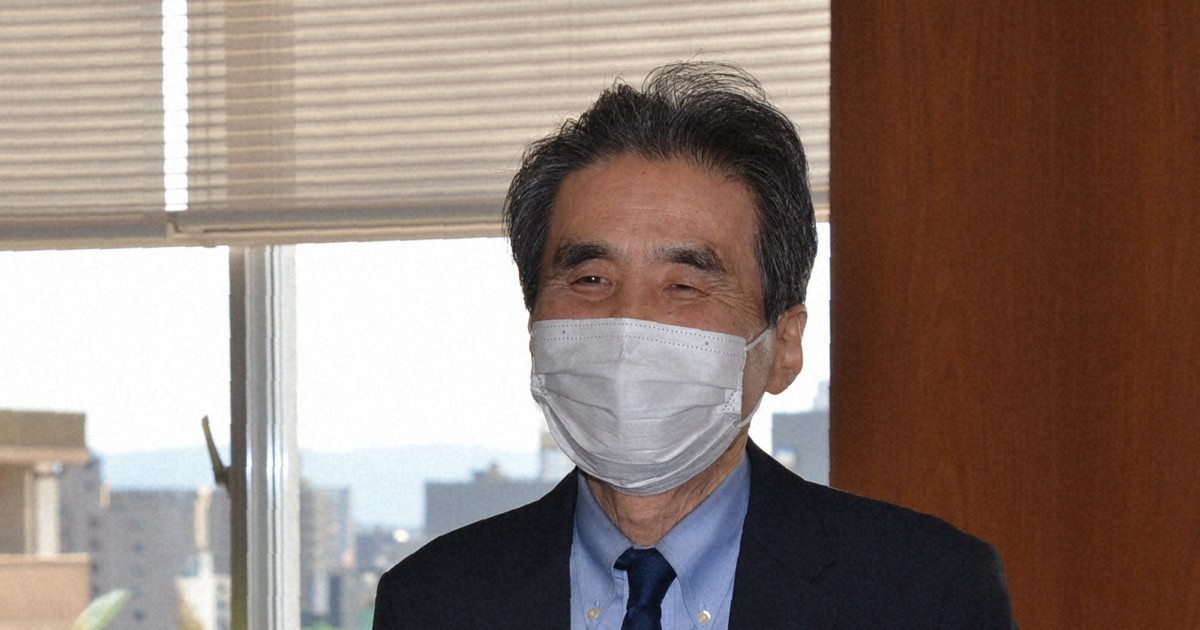KURUME, Fukuoka — Through a mixture of claps, stomps and knee-slaps, a professor from this southwest Japan city has been a pioneer in teaching instrument-free “body percussion” to students for decades. Now, he plans to bring the subject to Britain in hopes of making it a global educational phenomenon.
Professor Toshiyuki Yamada of Kyushu Otani Junior College and a team of around 30 others will be going to Britain’s University of Oxford in March 2023 for a research presentation and performance of body percussion — making percussive music through maneuvers such as clapping, stomping and knee-slapping. They will perform around 10 songs, including Yamada’s composition “Hanabi” (fireworks), inspired by the annual Chikugo River Fireworks Festival that lights up Kurume’s skies every summer. During the presentation, Yamada will offer teaching tips, explain its impact and extol its virtues as a way for people to have fun together regardless of disability.
Yamada began teaching body percussion over 30 years ago, during his days as an elementary school teacher in Kurume. It started when he got students who were having trouble concentrating in class to clap along to songs. He went on to develop methods of teaching the subject while practicing it with students at elementary and special needs schools in the city.
“Children enjoy being able to make music without instruments, just by using their movements, and the sense of accomplishment when they get into a rhythm with their peers. Those with hearing impairments can play along by watching the instructor’s movements and by feeling the beat,” Yamada said.
Yamada’s body percussion compositions have received widespread acclaim, and have become a part of music education curricula at elementary and special needs schools. The songs have been performed alongside the NHK Symphony Orchestra. They have been taught in Cambodia and have previously been demonstrated in other famous locations including New York’s Carnegie Hall and the Wiener Staatsoper in Vienna, Austria.
The team going to Oxford includes students and staff from Kurume and beyond, ranging from teenagers to those in their 60s. Participating institutions include Fukuoka Prefectural Meizen High School in Kurume, Tokyo’s Kunitachi College of Music, and Fukuoka Jo-Gakuin University in the city of Fukuoka.
“Body percussion can be performed on its own as well as in combination with various genres of music. It originated in the educational field and was developed by children. I want it to become known as a way for kids of all backgrounds to take part in an activity together,” Yamada continued, further emphasizing the subject’s potential for wider appeal.
(Japanese original by Naoko Takashiba, Kurume Bureau)
